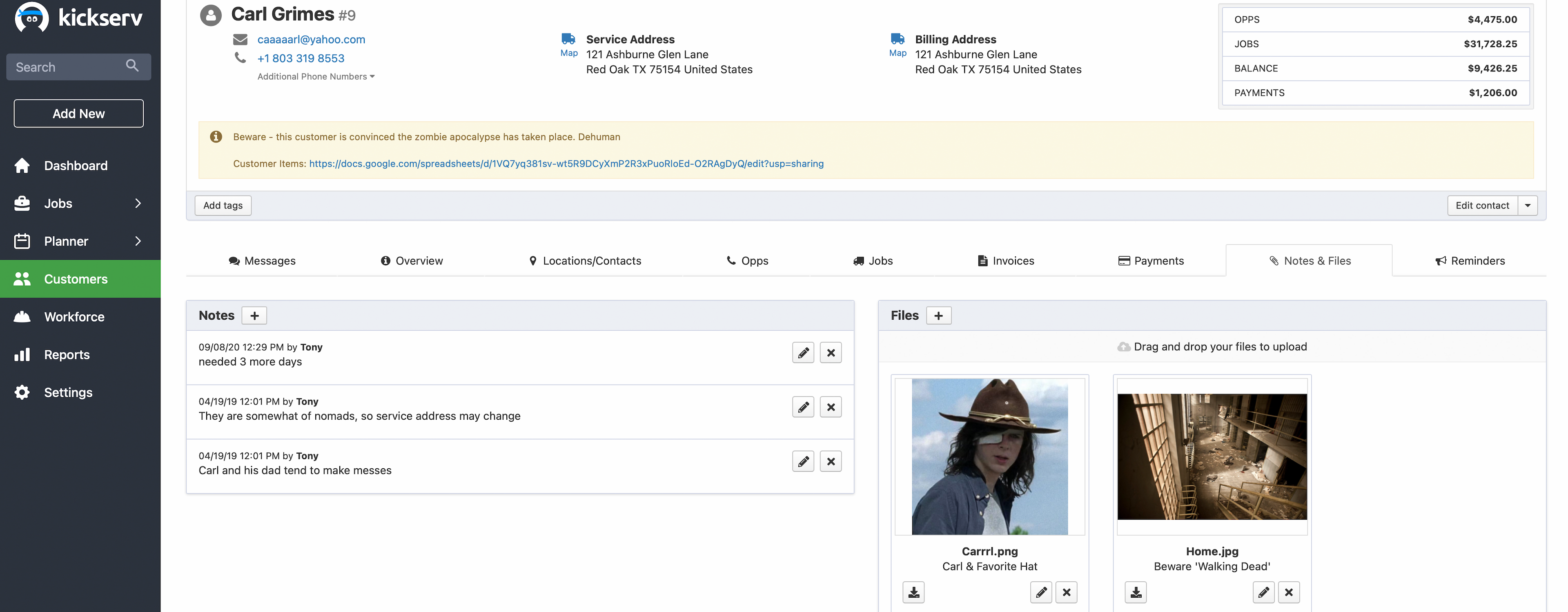
Tips for Collecting Useful Data from Your Customers
How do you take customers who have tried your company for the first time and turn them into repeat business? Giving them the best service possible is an obvious step in generating repeat customers, but it may not be enough to keep them engaged. Collecting useful data from them that you can use to build your relationship is a critical part of creating regular customers. Your business management software program should have tools that make collecting this kind of data simple—if it doesn’t, then it is time for an upgrade. This advice will help you get the data you need for your business and use it to enhance your customers’ loyalty.
Know What Information to Collect
The specific kind of information you need depends on your type of business. For instance, if you have an automotive repair business, keeping records of what kinds of cars your customers have is a wise strategy. However, there are some forms of information that every business needs. This includes names, contact information, and transactional data. This basic information gives you the tools you need to communicate with your customers and provide targeted messaging that is useful for them.
Streamline the Collection Process
Ideally, your process for collecting customer data should be automated. Using your business management software, customers should easily be able to provide you with the information you want as they manage their accounts and schedule appointments online. After customers have provided their information once, let them opt out of the process on repeat visits to prevent frustration. When you collect data, either online or in person, make sure your customers understand your policy about sharing data with third-party companies.
Use the Data
When you collect information about your customers, make sure that you actually put it to use. This information can be invaluable when it comes to identifying your target market and understanding what kinds of communications they are most responsive to. You can also use this information to present specific deal opportunities to specific customers. For example, if you have an auto repair service that is geared towards people with older cars, you can send information just to customers who could benefit from that offering.
With our business management software, collecting customer information and creating effective marketing strategies has never been easier. Let us show you how our software, designed with service-related businesses in mind, could help your company. Visit our website to learn more, and please stay up to date on our blog for more advice for small business owners.
Never miss a post.
Get notified of new content